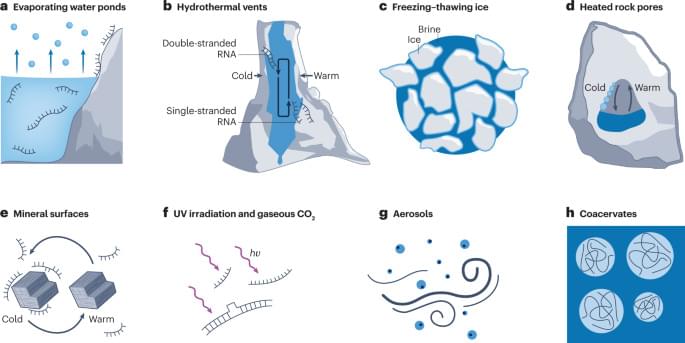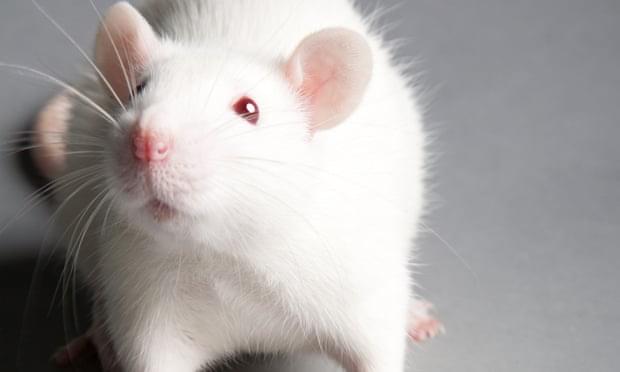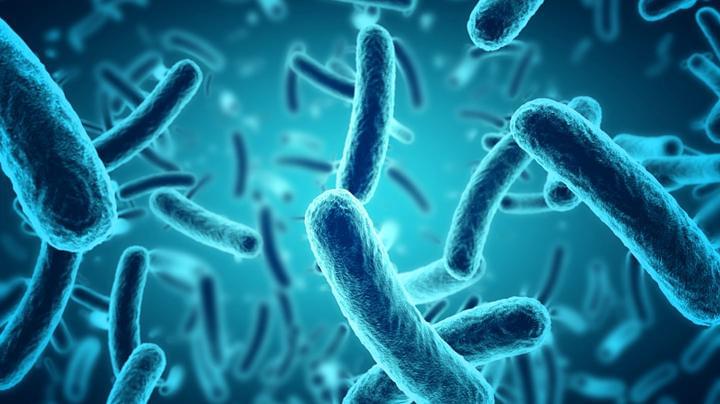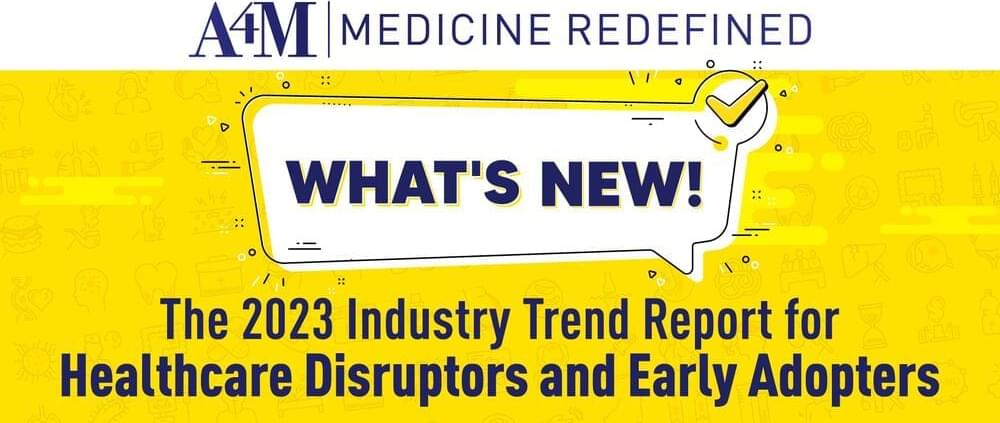A 1967 publication titled “Mortality of Bereavement” discovered that bereaved relatives had a 7-fold increased risk of dying within the following year. Despite that the cause of death was undetermined, this is the first scientific evidence indicating that extreme sadness kills.
Coined in 1991, Takotsubo cardiomyopathy — or broken heart syndrome — mimic aspects of a heart attack such as shortness of breath, fainting, and chest pain. But, oddly, they have no blocked arteries. Instead, some parts of the heart stopped moving and other heart muscles try to compensate for this. This turns the heart into an irregular shape, like that of an octopus pot — hence, the name “Takotsubo” (‘Tako’ means octopus and ‘tsubo’ means pot in Japanese). This condition is reversible but can be fatal at times. Takotsubo cardiomyopathy is triggered by intense emotions or stressful life events such as the death of a loved one and losing (or even winning) a lot of money. This is why “heartbroken” from sadness is a legitimate phenomenon.
Research advances further confirm that sadness, or more accurately emotional stress, destroy the heart in many ways. The mind-heart connection extends to far more than just the broken heart syndrome. Convincing epidemiological evidence ascertains that emotional pains can lead to heart diseases, the major killer worldwide, and this linkage is underpinned by biology.








